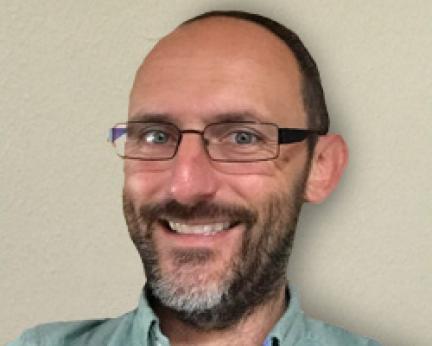I wanted to be a doctor from the age of 13. I enjoyed sciences and wanted a career helping people. It might sound like a cliché, but it was an important factor early in my career choice.
Our family GP growing up knew of my interest in medicine and invited me to go with him on home visits. It was my first experience of general practice and he inspired me to become a doctor. During sixth form I was lucky to get a work experience placement in a local hospital. This really helped me understand the workings of the NHS.
After medical school I worked as a pre-registration house officer, which is the equivalent to Foundation training today, and got some great experience in medicine and surgery. I spent six months working in A&E which I enjoyed and nearly chose it as my specialty. In the end, I chose general practice due to the unique relationships you build with patients. My most cherished gift is making people feel better.
After three-years of GP training, I spent six months as a salaried GP before becoming a partner in two very different practices in Surrey.
Education and training always interested me, so I then became a GP Training Programme Director for Health Education England’s Kent, Surrey and Sussex (HEE KSS) team. It was my first step into medical education.
While working as a GP partner, I was gradually promoted through the deanery roles of Associate Dean, Head of GP School before moving on to my current role as the head of the primary care department for HEE KSS in 2020.





